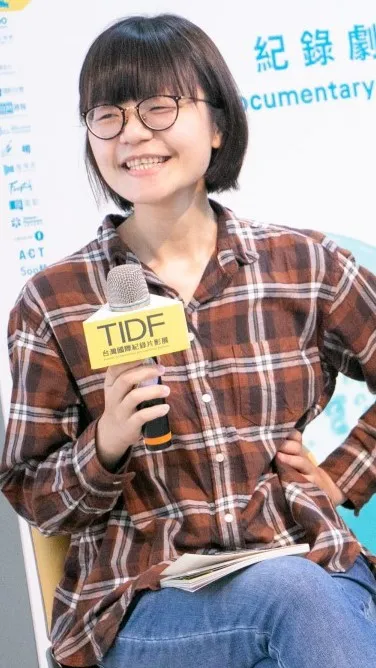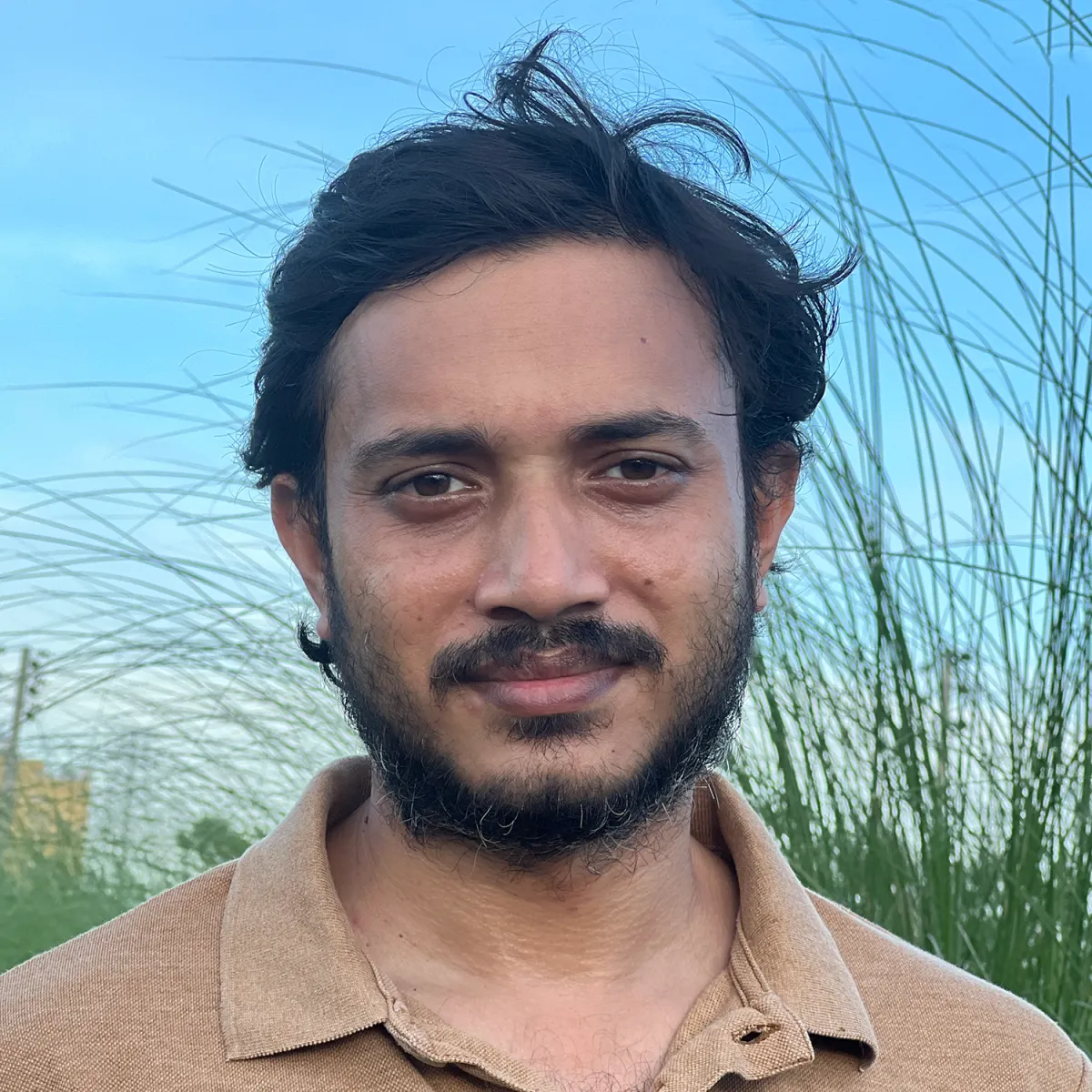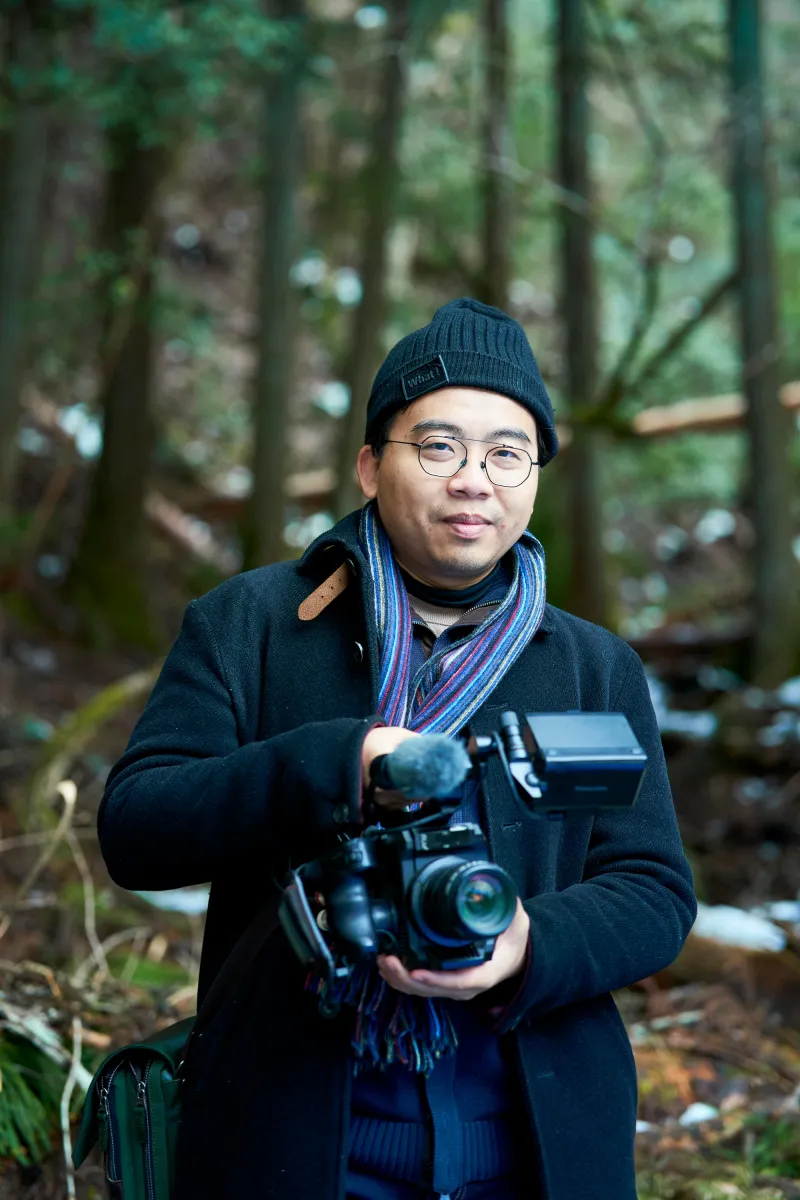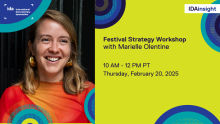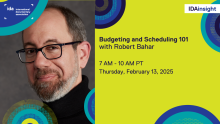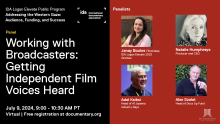Crossing Time Zones: Negotiating International Expectations So I Can Finish My Documentary
-
ET
-
 Pei-hua Chung, Moderator | 鍾佩樺 影視聽中心 TIDF節目策劃
Pei-hua Chung, Moderator | 鍾佩樺 影視聽中心 TIDF節目策劃 -
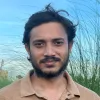 Farid Ahmad, Speaker | 法里.哈瓦德
Farid Ahmad, Speaker | 法里.哈瓦德 -
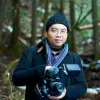 Huang Yin-Yu, Speaker | 黃胤毓
Huang Yin-Yu, Speaker | 黃胤毓
About the Event
As Western festivals and funding entities attempt to be more equitable and supportive of indigenous and non-Western filmmakers, they continue to exert pressure on filmmakers’ expectations of the commercial viability and artistic merit of their films, even if the filmmakers are tackling local topics. Furthermore, the labyrinthine systems of talent development, granting bodies, broadcast and streaming commissioners, and international co-production can be especially confusing for emerging filmmakers looking to access Western sources of funding and film festivals. How can you navigate the many markets and festivals? How can you remain true to your artistic vision, while strategizing about support? What are the challenges of various talent development and artist support programs in the name of “underrepresented” communities? What could be the responsibility of festivals and funding bodies in this dynamic?
This 90-minute event is developed through IDA’s Getting Real Fellowship and will bring together filmmakers from Bangladesh and Taiwan who have experience negotiating the international film circuit. Facilitated by programmer Pei-hua Chung (Taiwan International Documentary Festival), filmmakers Huang Yin-yu (Green Jail) and Farid Ahmad (Waiting for Winter) will share a film with event registrants ahead of their conversation around shared concerns. They will discuss this complicated landscape, touching on topics from international co-productions, the assumptions behind ideas of universality in narrative structures, and the unsaid challenges of being platformed. This event is presented in partnership with Dhaka DocLab, TFAI and Taiwan Docs.
The following questions will be addressed:
- What impact do Western festivals and audience receptions have on documentary filmmaking in South/East Asian (or other non-Western) countries in terms of narrative and visual style, especially for the ones tackling local topics?
- What makes a story universal or global? What are the global/international components of storytelling? Who recognizes it?
- What are the challenges of various talent development and artist support programs from Western Europe or the U.S. in the name of the underrepresented community?
- How does the application process, such as the industry-specific terms in the applications itself, affect filmmakers from South Asia while applying for talent development and artist support programs from Western Europe and U.S.?
- Does programming at larger-scale festivals really help promote documentaries from these countries? Are there chances that programming helps create stereotypes?
This panel will be free and open to the public. Films will be available to registrants via a password-protected link beginning April 27th.
This event will be conducted in English. ASL interpretation, simultaneous Chinese interpretation, and live CART captioning will be provided.
About the Getting Real Fellowship
The Getting Real Fellowship seeks to spotlight emerging and mid-career documentary professionals who have inspired visions that will benefit their communities and the field at large.
After attending Getting Real, the fellows spend the next year programming workshops and discussions inspired by their time at the conference.
This event is developed and facilitated by Getting Real ‘22 Fellows Pei-hua Chung and Farid Ahmad.
從在地到國際觀點——跨越時區,通往紀錄片完成之路
長期以來,歐美影展、資助機構試圖以更公平方式支持所謂「在地」與非西方電影工作者,但不論他們處理的是否為在地題材,仍會被施加壓力,期待作品需具有商業與藝術價值。
此外,人才培育、資助機構、電視台、串流媒體、國際合製等複雜的產業系統,對於希望獲得歐美資金和各大影展關注的創作者來說,猶如進入迷宮一般看不清楚前方道路。
創作者如何穿梭在眾多市場和影展之中遊刃有餘?在取得資源的同時,又該如何保有對於作品的忠誠與藝術堅持?專為非西方創作者量身打造的人才培育和扶持計畫,可能會面臨哪些挑戰?身為影展和資助機構是否該肩負哪些責任?
本場論壇由美國國際紀錄片協會(IDA, International Documentary Association)的「Getting Real Fellowship」推動,同時與達卡紀錄片提案大會(Dhaka DocLab)、國家電影及視聽文化中心Taiwan Docs合作。邀請孟加拉導演法里.哈瓦德(Farid AHMAD)、旅居日本的導演兼製片黃胤毓,他們將以自身參與的國際合製作品為例,分享與影展和資助者交涉斡旋的經驗,揭開埋藏在敘事結構背後的普世原則,拆解影片踏上國際舞台可能面對的難題。
時間:2023.05.04(四)台灣時間21:00-22:30/美東時間09:00-10:30
講者:法里.哈瓦德、黃胤毓
主持:鍾佩樺
線上報名:https://us06web.zoom.us/webinar/register/WN_If7RxctFSXO32yQzFO662Q
※本場論壇免費參加,以中英文、線上方式進行,備有同步翻譯。
※04.27-05.11可免費註冊並線上觀看兩位講者特別選映的紀錄片:《海的彼端》(台灣、日本)、《Fantasy in a Concrete Jungle》(孟加拉)
討論內容:
- 歐美影展和觀眾的反應與回饋,對於東南亞紀錄片(或其他非西方)的敘事和視覺風格有什麼影響(尤其是處理在地題材的紀錄片)?
- 什麼樣的故事具有普遍性或全球性?可以建構敘事的全球/國際元素是什麼?由誰認定?
- 由歐美大型影展發起的各種人才培育和藝術家支持計畫,會面對哪些挑戰?
- 申請歐美大型影展人才培育和藝術家支持計畫時,過程面臨種種要求,包含報名文件上的專業術語,對來自南亞的獨立創作者有什麼影響?
- 大型影展的節目策劃是否真的有助於推廣非西方國家紀錄片?節目策劃是否會助長對這些國家的刻板印象?
Getting Real Fellowship
由美國國際紀錄片協會(IDA, International Documentary Association)所舉辦的兩年一度研討會,1982年成立於美國洛杉磯。旨在透過匯聚紀錄片創作者、影評人、北美電視台委製編審等產業專業人士,藉由專題講座、大師講堂、產業交流,與世界各地的紀錄片社群展開對話,共同探討面臨的困難與挑戰,是全球最大的紀錄片業界交流盛事之一。參加Getting Real的學員將在未來一年,根據在研討會獲得的啟發,策劃一系列講座與論壇。
About Our Partner Organizations
 |
Taiwan Docs is a platform based under Taiwan Film and Audiovisual Institute. The mission is to promote Taiwanese documentaries abroad and to assist local filmmakers in reaching a wider audience. We think of ourselves as a window between international festival curators, media, institutes, or anyone who is interested in Taiwanese documentary films and filmmakers. We hope to provide promotional resources for local filmmakers and reliable information for professionals overseas. |
 |
Dhaka DocLab is a documentary co-production project market for Asian filmmakers in Bangladesh, organized by the Dhaka Independent Film Network. |
Event Participants
Pagination
- Previous page
- Page 2
- Next page
